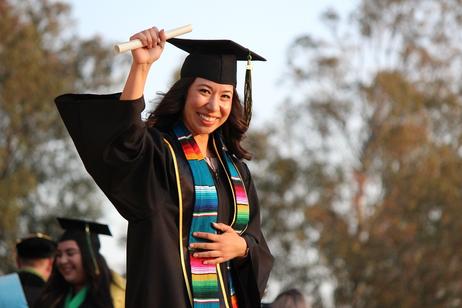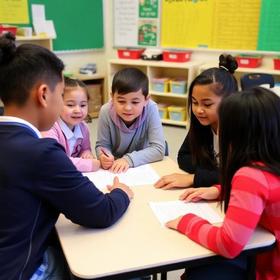Paying for Private School in 2025: A Practical Guide for Families
Private schools offer strong academics, diverse programming, and supportive learning environments, but paying for private school requires thoughtful strategy. In 2025, tuition trends, financial aid policies, and education savings programs look different than they did even a few years ago. This updated guide outlines what families can expect and how they can make informed financial decisions.
1. Understanding 2025 Tuition Trends
The national average private school tuition for the 2025–26 academic year is approximately $15,000. Elementary schools generally fall just below this figure, while high schools trend toward $18,000.
Some regions remain significantly more expensive. Many independent day schools in major metro areas report tuition between $30,000 and $50,000, and boarding schools often exceed $70,000. According to recent reporting from The Wall Street Journal, inflation, faculty compensation, and expanded student services continue to drive tuition higher across independent schools.
Although costs are rising, many schools have expanded financial aid budgets to remain accessible to a broad range of families.
2. Private School Enrollment and Demographic Shifts
Roughly 4.7 million students currently attend private schools across the United States. Enrollment has remained relatively stable since 2020, though regional fluctuations continue, especially in urban centers with shifting population patterns.
More families are also applying to private schools earlier. Schools report that parents of preschool and elementary-aged children are increasingly seeking small class sizes, specialized programs, and structured


























